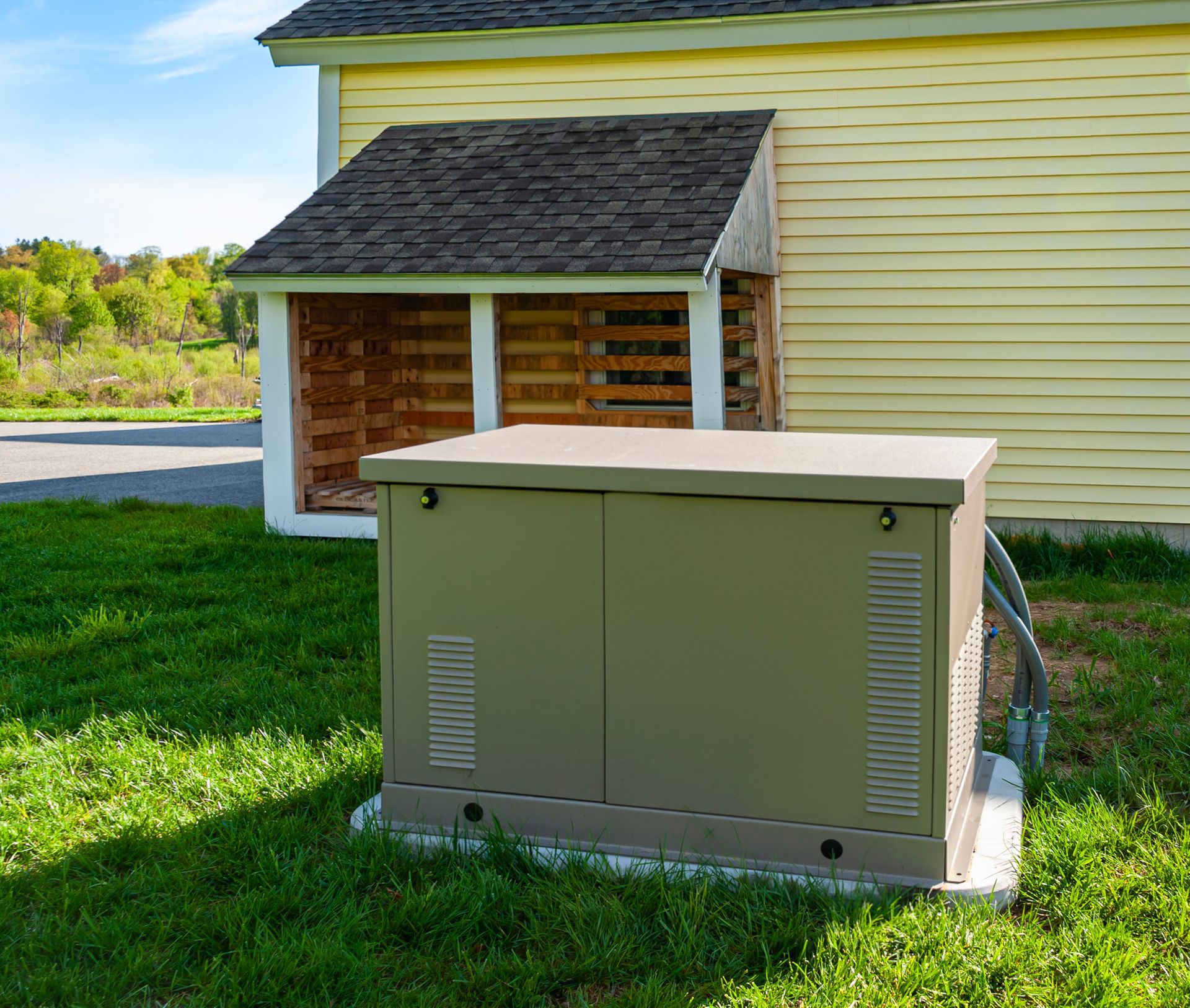3 Key Differences between Residential and Commercial Wiring
Wiring is integral for any structure because it provides power to the structure. Without wiring, a structure would be without power and unable to function. For this reason, wiring installation should be taken seriously. To say it's a complicated job is an understatement and often requires specialized knowledge. This applies to both residential and commercial wiring.
Wiring for residential and commercial wiring may seem the same, but it's almost always not. For one, residential wiring is generally not as complex as commercial wiring because homes typically have less need for power than businesses. As for commercial wiring, it has to meet more stringent building codes and is often more expensive. Beyond that, differences between the two types of wiring may also include:
#1 - Wire Material
Residential wiring is typically made of copper because it is less expensive than aluminum. On the other hand, commercial wiring is often made of aluminum because it's better at conducting electricity. However, there are times when commercial wiring may be made of copper. This is often the case when businesses need a lot of power, such as in a factory.
The different types of wire material are as follows:
Armored Cables
Armored cables are fitted with metal sheaths that protect the cable against physical damage. This cable is often used in high-traffic areas with a risk of damage.
Communication Cables
Communication cables are designed to carry signals between electronic devices. These cables often use multiple strands of thin wire to reduce interference.
Instrumentation Cables
Instrumentation cables are used to connect electronic devices to monitoring systems. These cables are often used in industrial applications and are designed to resist interference.
Low Voltage Cables
Low voltage cables are used for applications that require low voltages, such as 12 volts or less. These cables are often used for lighting and security systems.
Non-metallic Sheathed Cables
Non-metallic sheathed cables are used in applications requiring flexibility and moisture resistance. These cables are often used in wet locations, such as bathrooms and kitchens.
#2 - Type of Outlet
In residential wiring, outlets are typically single-pole outlets. This means they only have one outlet, where you plug in your electrical appliances. On the other hand, commercial wiring often features three-pole outlets. These outlets have three, where you plug in your appliances and connect your electrical appliances to the primary power source.
Naturally, outlet placement also matters. Since the power supply is a circuit reserved for powering your electrical appliances, this dedicated circuit is usually located in a separate room from the rest of the electrical system.
#3 - Power Supply
The power supply is the source of the electricity that powers your electrical appliances. It can be either an AC or DC power source. AC power sources are more common in residential settings, while DC power sources are more common in commercial settings.
In residential wiring, the power supply is typically the main electrical panel. The panel provides power to the outlet through a circuit breaker or fuse. On the other hand, the power supply is typically a dedicated circuit in commercial wiring. In other words, your electrical appliances are powered by a separate circuit from the one that powers the rest of the building.
Choosing the Right Wiring Configuration
There are several factors to consider when choosing a wiring configuration for your home or office. For one, you should consider the number of electrical appliances you have. If you have a lot of electrical appliances, you may need to use a more complex wiring configuration to ensure each appliance has its dedicated circuit. Each appliance requires a specific amount of power, so you may need to use a more complicated wiring configuration to ensure that the power is evenly distributed.
Your home's layout also matters because the arrangement of your walls, ceilings, and floors will determine where you can run the wiring. You may need to use a more complex wiring configuration if you have a lot of walls or a lot of floors. The length of the runs should also be noted because the longer the run, the more complex the wiring configuration.
Conclusion
Wiring for residential and commercial buildings is different, but both must follow the same basic rules. Wiring must handle the amount of electricity flowing through it, and it must be able to be run in a way that is safe for both the occupants of the building and the equipment. Because of this, you must contact an electrician to help with your wiring needs.
If you’re looking for
electrical contractors in Massachusetts, B-Town Electric can help you! Our professional electricians can handle residential and commercial work, all for fair prices. Simply go to our website to request a free estimate!
Questions? Contact our main office
Schedule a Free Quote. Submit a free quote request online
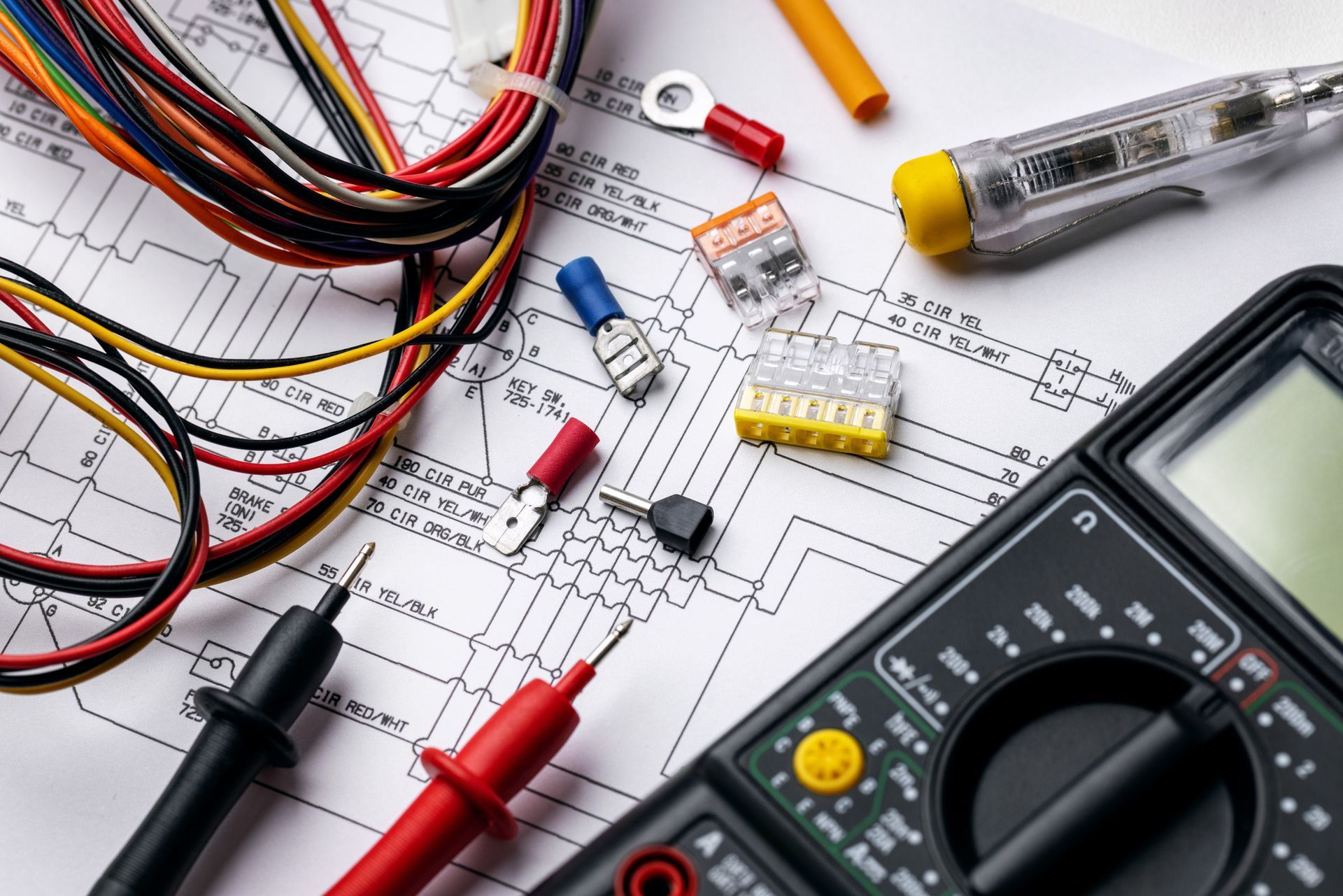

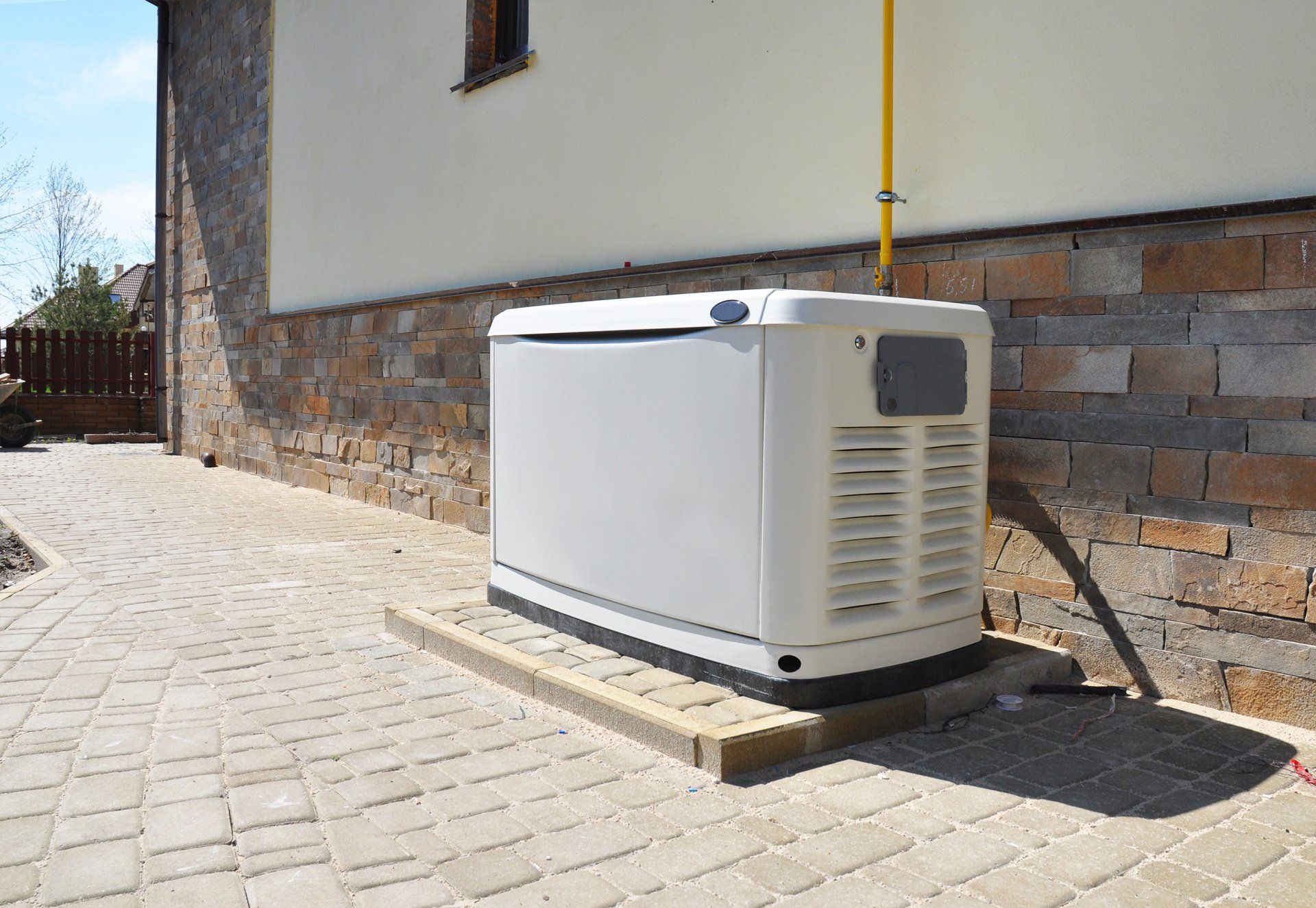
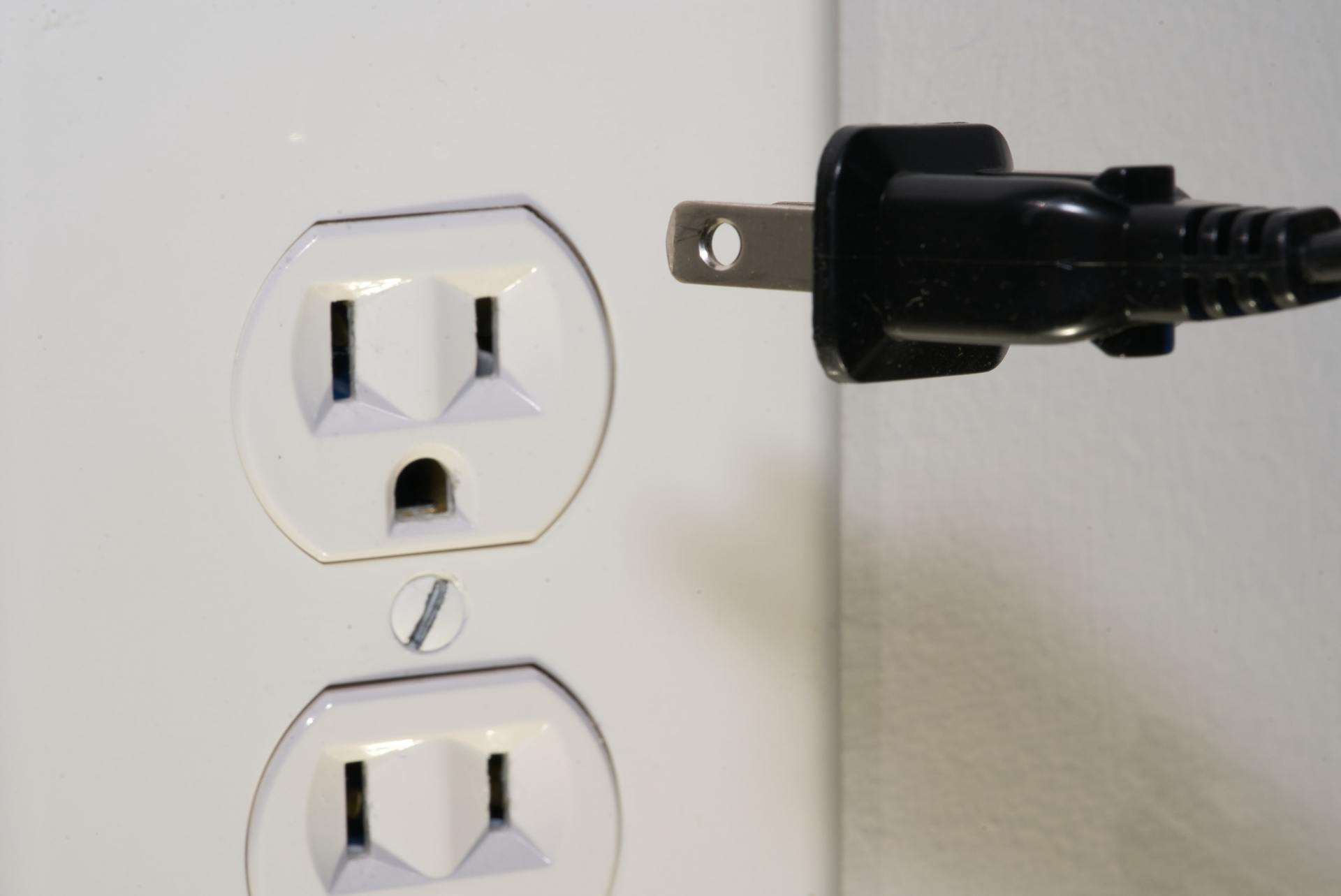
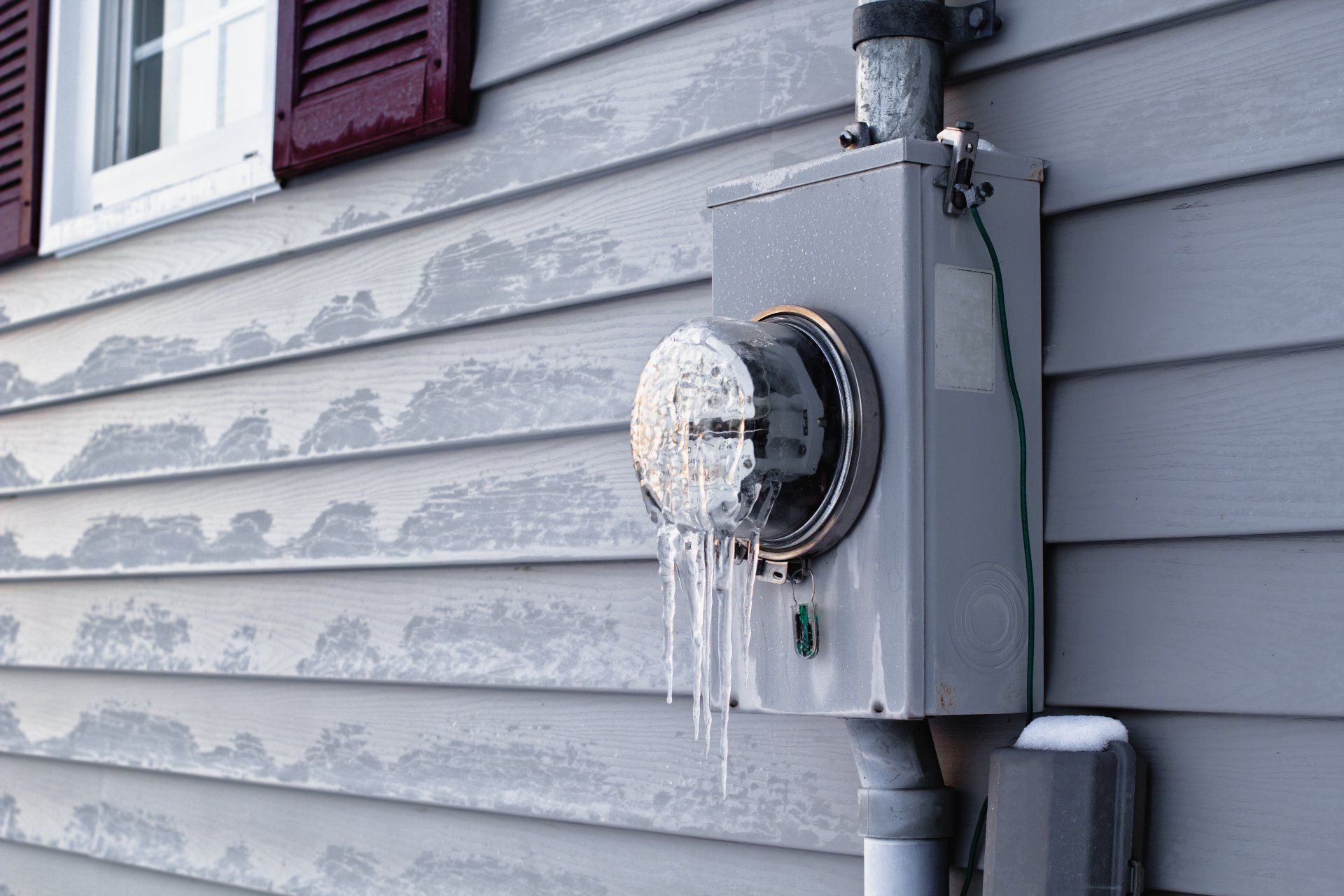
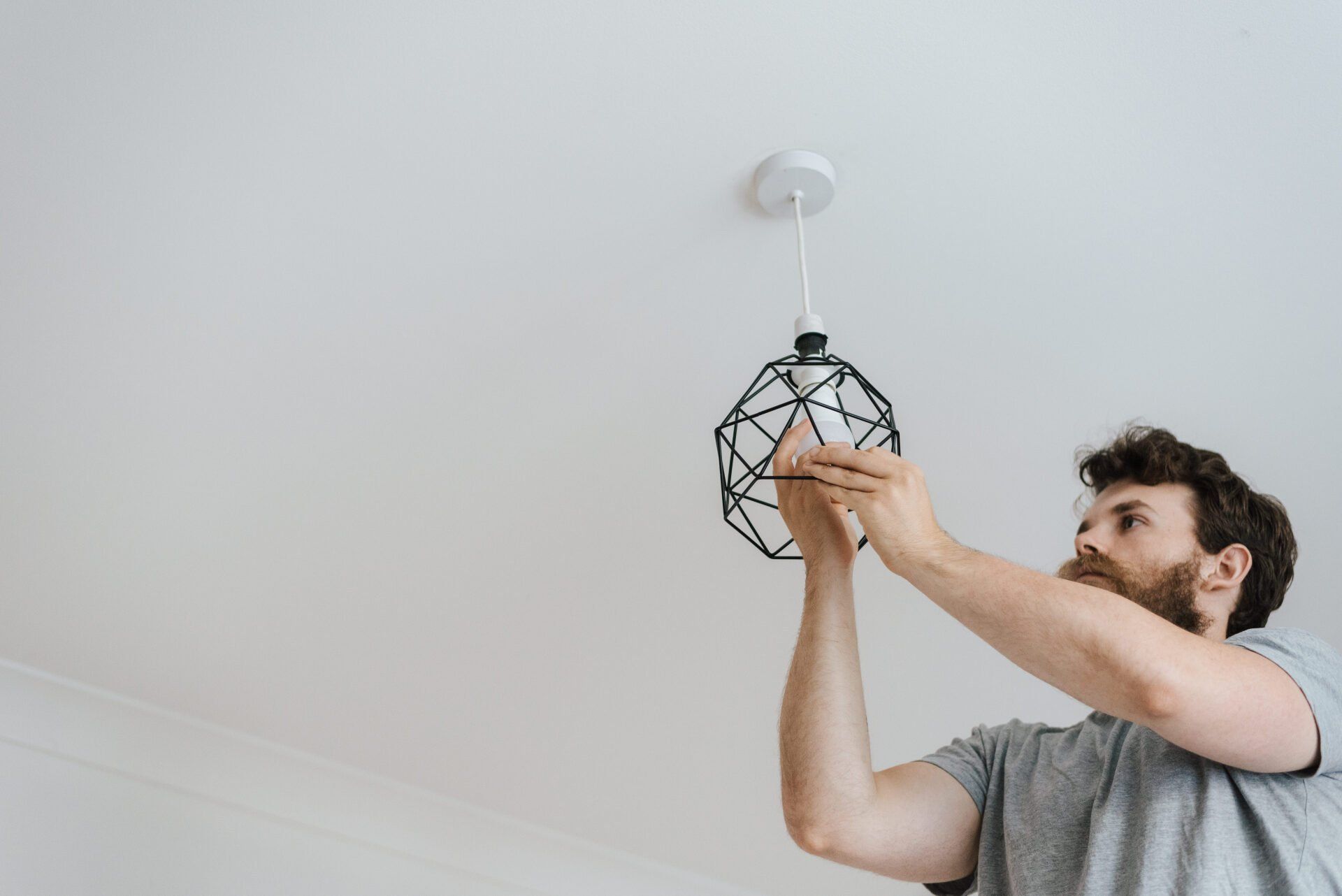

Master Electrician License #15648A
Credit Cards Accepted



